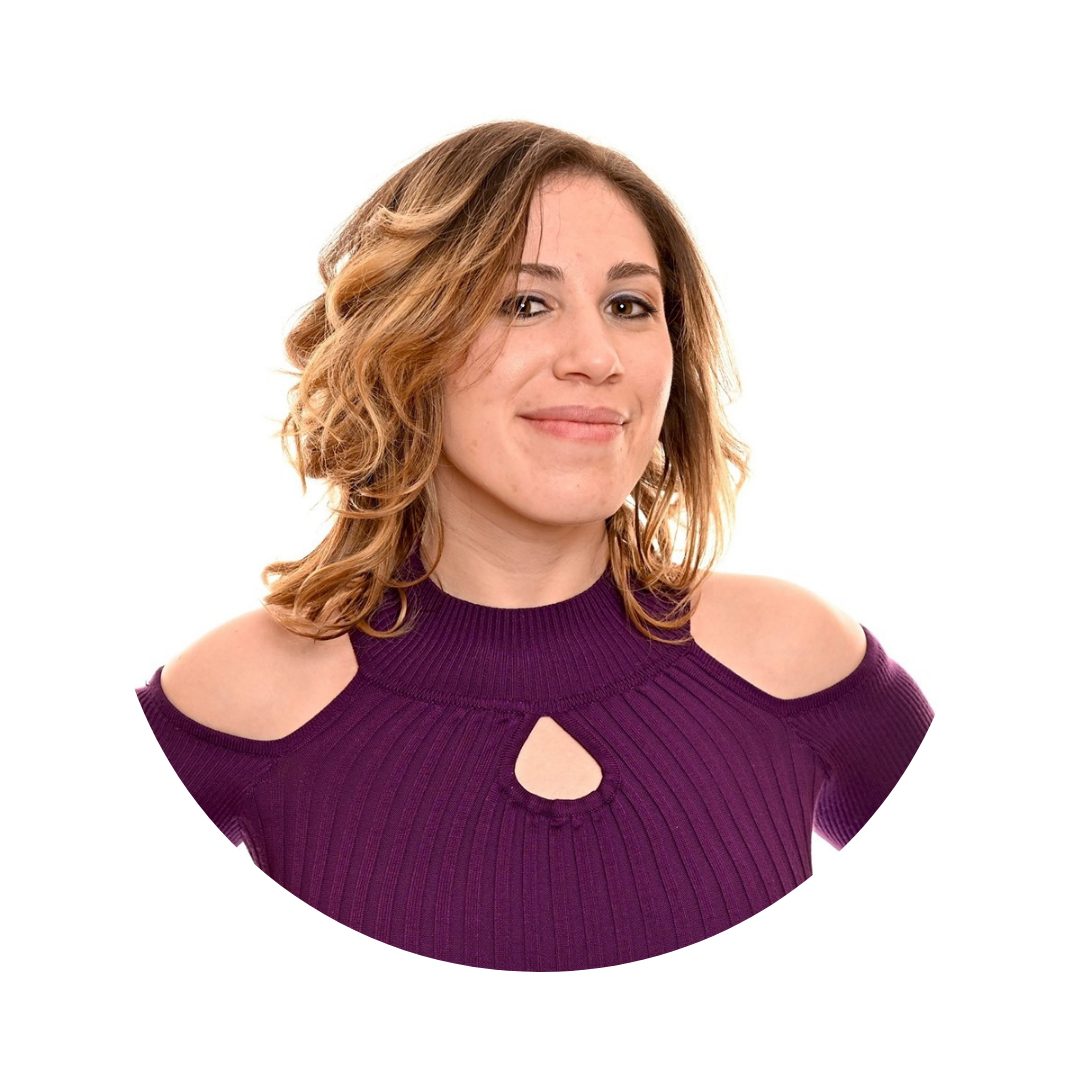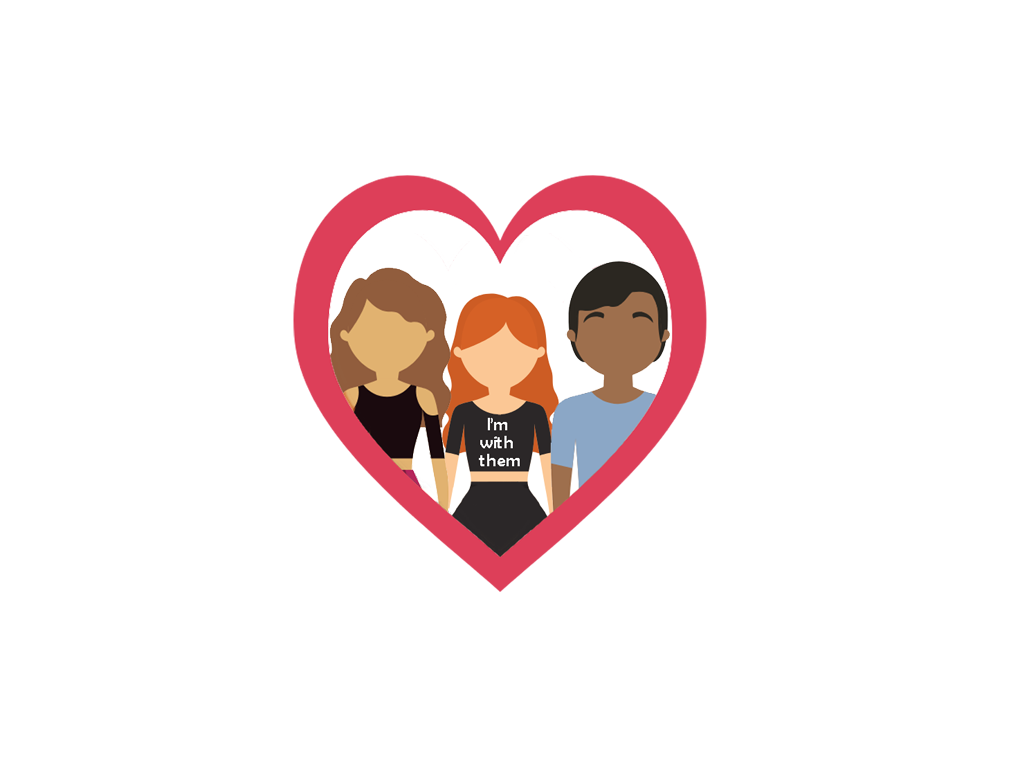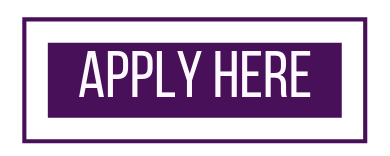How to Become a Licensed Therapist: Quick, Fast Facts on Licensure!
How to Become a Licensed Therapist: Quick, Fast Facts on Licensure!
At Life Coaching and Therapy, we often get asked how to become a licensed therapist.
There are many assumptions surrounding the process of becoming a licensed therapist. Meaning, there is not one way to become a therapist.
Actually, there are several different paths to accomplishing this. First and foremost, you have to complete a bachelor’s degree and a master’s degree. In other words, the majority of therapists have a master’s degree in marriage and family therapy, counseling, and/or social work.
Therapists and Counselors
When we think of therapists, we more commonly think of therapists who received Masters or Doctorate Degrees in Social Work (LCSW), Marriage and Family Therapy (LMFT), Clinical Psychology (PsyD or PhD), or Professional Counselors (LPC).
Each of these specialties focuses on providing clinical services, therapy, and counseling to their clients. Many of these therapists have different specializations and certifications to support their practice, whether that is in trauma treatment, anxiety, ADHD, depression, eating disorders, etc.
Although each may have specialties, generally, each degree allows for therapists and counselors to be able to practice individual, group, or relational therapy in a clinical setting and do case notes.
Here are some common ways licensed therapists practice:
Licensed Clinical Social Worker (LCSW)
A LCSW is someone who has completed their master’s or doctorate degree in social work. A licensed clinical social worker focuses on the clinical side of social work instead of community organization, case management, or other areas of social work. Simply completing a social work degree does not necessarily mean that they are therapists or clinicians
Licensed Marriage and Family Therapist (LMFT)
A person who is a LMFT has a Master’s Degree in Marriage and Family Therapy or in a related area with a concentration in MFT. This training focuses specifically on relational therapy and systemic thinking. This degree is mostly clinical and often has to do with family therapy or therapy for couples.
Licensed Professional Counselors (LPC)
- A person who is an LPC may have a Master’s Degree in various fields (school counseling, general counseling,psychology). Depending on their base degree, LPCs are trained in a range of clinical practices, but they are mostly clinical professionals, often specializing in individual, group, and substance abuse treatments.
- Therapists who Conduct Assessments
- Psychologists with Master’s or PhD degrees and Doctors of Psychology with PsyD or PhD degrees often specialize in different kinds of standardized tests or assessments. This can include things like neuropsychological exams, learning disabilities, mental status testing, cognitive testing, etc. Commonly, we see these types of therapists connected with universities, school systems, or hospitals.
- Psychology is a broad field, but in terms of therapy, we typically see a Master’s, Psychology Doctorate, or Doctorate of Philosophy connected to Clinical Psychology. Clinical psychology focuses on the treatment and assessment of emotional, mental, and behavioral disorders.
Typical Requirements to be a Licensed Practitioner
Even though this varies from state to state the following criteria have to be met to become a licensed therapist:
- Completion of Masters or higher degree
- Practicum (supervised clinical experience)
- Internship (a clinical experience unpaid in the field)
- Specific amount of clinical hours (sometimes specified by individual, group, relational, and/or case management)
- Specific amount of supervision by licensed professional
- Usually somewhere around 60 credits hours
- Coursework in clinical, developmental, and theoretical models of treatment
- Thesis or Capstone presentation on your therapeutic methods and/or research
- Post graduate Clinical Hours (usually about a year or two of clinical or case management experience)
- Postgraduate supervision hours (supervised by a licensed clinical practitioner within your field or according to your state regulations)
- Successful Completion of Exam (Licensure or Board Certification) with passing score
In addition to our degrees, licenses, and certifications, we are also required to take a certain number of Continued Education (CE) courses each year to be sure we are staying up to date with our clinical practice. This is not the case for all practitioners.
Associations
In addition to licensure and insurances, therapists also usually associate with various associations, which require their own benefits and memberships. These can be general based on educational/certification background or specializations such as sexuality, trauma, addiction, couples, etc.
Some of the most common ones are:
- American Psychological Association (APA) (https://www.apa.org/)
- National Association of Social Workers (NASW) (https://www.socialworkers.org/)
- American Association of Marriage and Family Therapists (AAMFT) (https://www.aamft.org/)
There are also associations for people based on their specialties; some of these include:
- American Association of Sexuality Education Counselors and Therapists (AASECT) (https://www.aasect.org/)
- Eye Movement Desensitization Reprocessing International Association (EMDIRA) (https://www.emdria.org/)
- Association of Addiction Professionals (NAADAC) (https://www.naadac.org/)
These are some examples above; however, there are many that have more specifications and are more general. Each association offers various benefits, resources, and membership requirements. As therapists, we maintain various certifications and associations to support having the most up-to-date information within the mental health field.
If you need help finding a therapist for yourself, feel free to reach out, and we are happy to help you here at LCAT! We are a staff of future LPCs, LCSWs, and LMFTs (now you know what these mean!).
Want to apply to work for us? Join our team here!
About Life Coaching and Therapy
Life Coaching and Therapy (LCAT) is a therapy and coaching practice that transforms our clients lives through our flexible. Multi-technique approach and pleasure-skills training provided by systematically-trained and licensed therapists!
Get to know our founder and owner, Amanda Pasciucco, (a.k.a. The Sex Healer) PhD, Licensed Marriage and Family Therapist (LMFT), and an AASECT Certified Sex Therapist (CST) that has developed innovative therapy programs and therapy videos that get results.
Our team of compassionate, licensed therapists and certified sex therapists help all clients who visit us for a variety of personal, relationship, intimacy and sex problems.
LCAT provides on-site appointments, as well as video chat and text therapy programs.
Learn more about how LCAT can help improve your life at What We Do.









 New Paradigm Vision
New Paradigm Vision 












 SCORE CARD. We are only using A’s for results!
SCORE CARD. We are only using A’s for results!  The goal is that you learn how to ask consent while stating your needs.
The goal is that you learn how to ask consent while stating your needs. 








